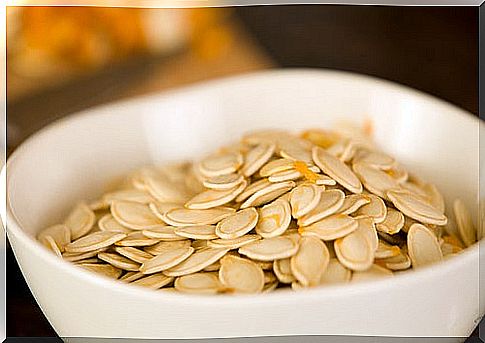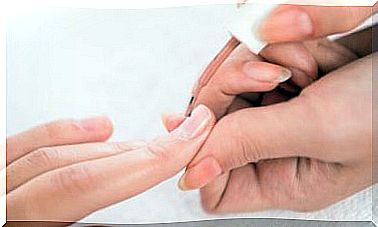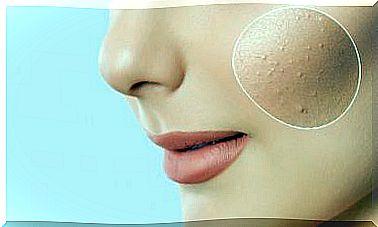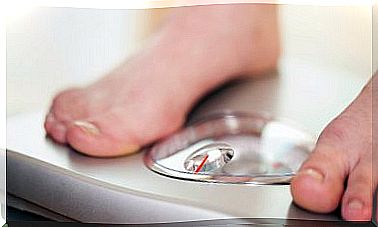How Do We Know If We Have Intestinal Parasites?
To know if we have intestinal parasites we must pay attention to certain discomforts that we will comment on in greater detail below.
Intestinal parasite infection is, unfortunately, a health problem that affects many people, regardless of gender or age.
Its detection is not easy, since the symptoms it presents are not exclusive to this condition. Some of them may include tiredness; anxiety; digestive problems; headache or weight disorders.
It is important to know that, faced with a symptom of this type, it is best to go to the doctor. This will be in charge of giving us an adequate treatment, which we must follow in a responsible manner. But what exactly happens to us?
Intestinal parasites
Parasites are microorganisms that settle inside another organism and feed on it. They develop due to lack of hygiene (both personal and when handling food), as well as the conditions of the place where they are consumed.
Intestinal parasites are generally protozoa (such as giardia) or worms (such as pinworms or tapeworms) that enter the body and use the intestine for shelter. Once inside they usually reproduce, giving rise to the aforementioned symptoms.
The problem appears when there is an imbalance that alters our levels of pH, enzymes or intestinal flora. This causes the microorganisms to become pathogenic and aggressive, they can already cause all kinds of diseases. According to our immune system, the infection could progress to cause serious complications.
Therefore, it is convenient to keep the body balanced through a good diet and good hygiene habits.
How can we know if we have parasites?
According to the Mayo Clinic, the most common symptoms are the following:
- Tiredness.
- Headache.
- Dilated pupils.
- Swollen eyes.
- Anxiety and nervousness.
- Insomnia for no apparent reason.
- Intestinal disorders (constipation or diarrhea).
- Itching on the tip of the nose, in the eyes or in the anal area.
- Appetite disorders (excess or lack of hunger for no apparent reason).
Although these symptoms can also be due to other reasons, if we suffer them often and for several days or weeks, it is recommended that we go to a specialist to examine us and give us a diagnosis and, if applicable, offer us the most appropriate treatment. suitable.
Parasitosis is very common in children and can usually be difficult to detect. Therefore, we must see if they scratch the tip of the nose or the anal area, or if they are more nervous, without an apparent cause.
On the other hand, we must bear in mind that if we have pets at home, we must deworm them every month, since with direct contact it is easy for the parasites that they often suffer from are transferred to us.
Food is essential
In addition to following the treatment prescribed by the doctor, to eliminate parasites we must try to eat a good diet. Otherwise, we could aggravate the situation.
It will be essential to outright eliminate:
- The alcohol.
- Milk and dairy products.
- Sugar and sugary foods.

In addition, we must reduce the consumption of refined carbohydrates (white rice, pasta, pastries, etc.). Of course, we should never take any type of food or make changes in the diet without medical consent.
The healthcare professional may include some foods in their recommendations, such as:
- Garlic. This food is believed to have antiparasitic properties against cryptosporidiosis, according to this study from the University of Alexandria (Egypt). If we have difficulties digesting it, we can spread it on toast or buy it in capsules or tablets.
- Pumpkin seeds also contain properties to fight Aspiculuris tetraptera in experiments with rodents. We can grind them and mix them with food if we wish.
- Papaya seeds. We can prepare a papaya smoothie and add a few seeds to it.

In conclusion
The best prevention consists of taking care that the intestine works correctly, avoiding, above all, recurrent diarrhea or constipation. To do this, we will follow a good diet, rich in fresh fruits and vegetables, with proper hydration.
- Some recommended foods against constipation can be flax seeds, prunes or yogurts with fiber.
- If we suffer from diarrhea, astringent foods such as white rice are recommended. In the same way, we must turn to a doctor to help us determine the reason for this situation.
It must be taken into account that intestinal parasites alter the intestinal flora and tend to proliferate when it is not balanced. Therefore, it is advisable to take preventive measures and take care of the body responsibly.








